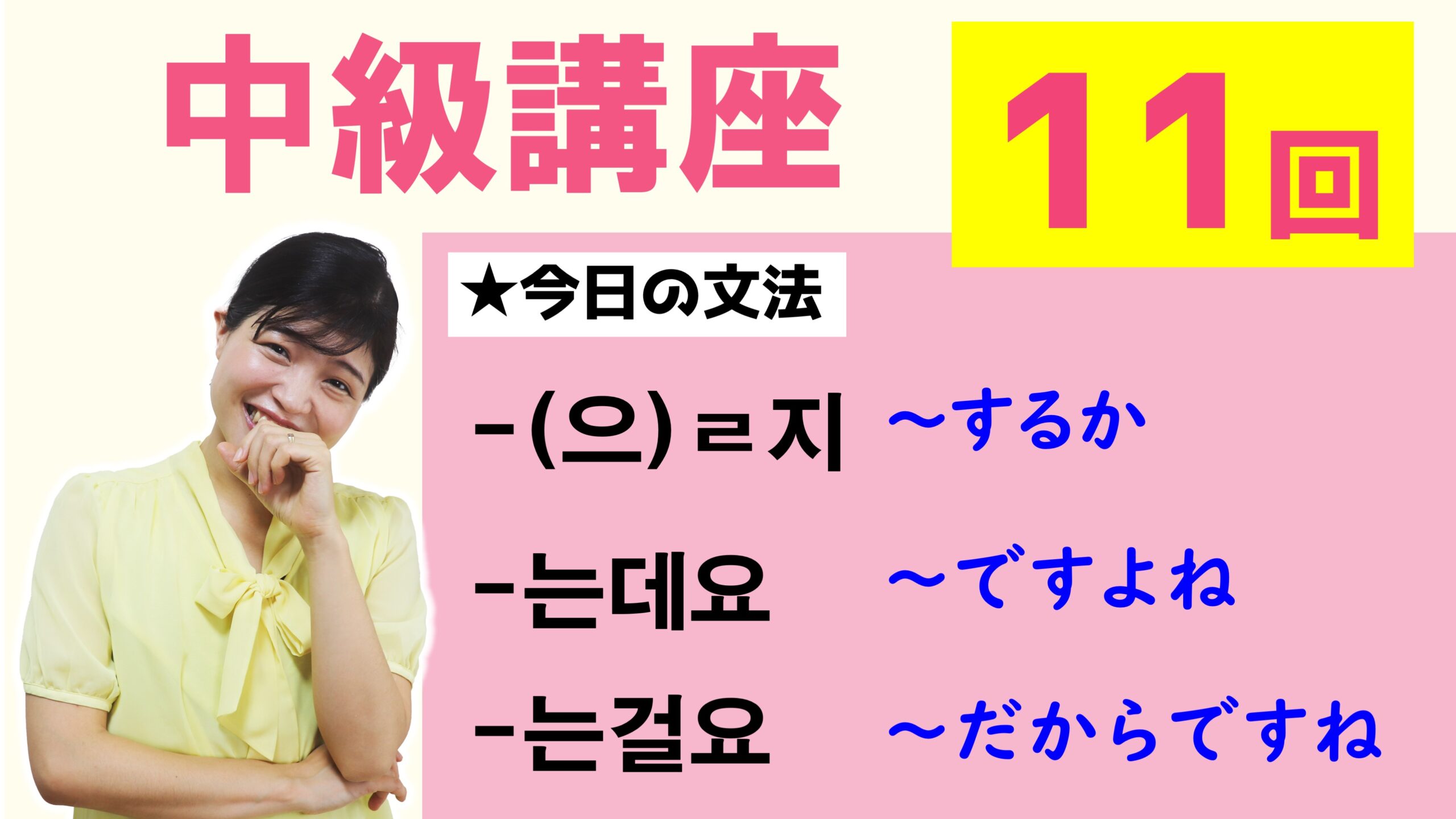꽤 意味
Introduction:
The Korean language is rich in expressions and words that convey complex meanings with great precision. Among them, the word “꽤” stands out as an interesting and versatile term. In this article, we will explore the meaning, origin, usage, cultural significance, translations, and controversies surrounding “꽤.” Let’s delve into the depths of this fascinating word and uncover its various dimensions.
꽤의 정의와 의미 (Definition and Meaning of 꽤):
The word “꽤” is an adverb in Korean that denotes the degree of something. It can be translated as “quite,” “rather,” or “fairly” in English, depending on the context. 꽤 is used to express the moderate level of a specific attribute or quality without being excessive or extreme. It adds a nuance of adequacy, suggesting that the subject meets a certain standard or expectation.
꽤의 어원과 발음 (Origin and Pronunciation of 꽤):
The origin of “꽤” can be traced back to the Middle Korean word “곧다” (gottaa), which means “right” or “straight.” Over time, the pronunciation evolved, and it eventually became “꽤” (ggwae), retaining its original meaning of “adequate” or “moderate.” In terms of pronunciation, “꽤” begins with a voiced “ㄲ” sound followed by a “와” sound, which is similar to “wae” in English.
꽤의 사용법과 문맥 (Usage and Context of 꽤):
꽤 is commonly used in Korean conversations and writings to modify adjectives, verbs, and adverbs. It plays a crucial role in indicating the degree of a particular quality or action. Let’s look at some examples to better understand its usage:
1. Adjective Modification:
– 그 영화는 꽤 재미있어요. (That movie is quite interesting.)
– 이 식당은 꽤 추천할 만해요. (This restaurant is fairly recommendable.)
2. Verb Modification:
– 저는 꽤 열심히 공부했어요. (I studied quite diligently.)
– 날씨가 꽤 추워서 외출하기 어려워요. (The weather is rather cold, making it difficult to go out.)
3. Adverb Modification:
– 그는 꽤 늦게 집에 도착했어요. (He arrived home quite late.)
– 제 친구는 꽤 자주 여행을 다녀와요. (My friend travels fairly frequently.)
꽤의 유의어와 반의어 (Synonyms and Antonyms of 꽤):
While “꽤” is a common expression for conveying moderate levels, there are other words that can be used interchangeably or have similar meanings. Some synonyms for “꽤” include “상당히” (considerably), “매우” (very), and “꽤나” (quite). On the other hand, antonyms or words with contrasting meanings to “꽤” are “많이” (a lot), “너무” (too), and “극도로” (extremely).
꽤의 한국어 문화에서의 역할 (Role of 꽤 in Korean Culture):
In Korean culture, “꽤” plays a significant role in balancing expressions and maintaining a sense of modesty. Korean society values humility and restraint, and using “꽤” allows individuals to convey their thoughts without coming across as boastful or overconfident. It helps establish a delicate social atmosphere by softening statements and giving them a more nuanced dimension. Therefore, understanding and correctly using “꽤” is essential for effective communication within the Korean cultural context.
꽤의 다른 언어로의 번역과 비교 (Translations and Comparisons to Other Languages):
Translating “꽤” into other languages can be a bit challenging due to its unique connotations. However, it generally corresponds to words like “quite” in English, “assez” in French, “ziemlich” in German, and “bastante” in Spanish. While these words convey a similar meaning, it’s crucial to remember that each language has its own nuances and cultural contexts, so the exact equivalence may vary.
꽤의 사용 예시와 문학 작품 속 사용 (Examples and Usage in Literary Works):
Throughout Korean literature, the word “꽤” has been extensively used to provide vivid descriptions, evoke emotions, and create imagery. Let’s look at a few examples from renowned works:
1. “소나기” (The Shower) by Hwang Sun-won:
“꽤 오래된 음악에 노래를 입력하며 마네킹처럼 제자리에 서 있었다.”
(She stood there like a mannequin, typing the words into the old piece of music for quite a while.)
2. “아리랑” (Arirang) by Kim Hu-ran:
“꽤 서구 지방에서도 이 멜로디의 매력에 흠뻑 빠진 사람들이 많아지고 있다.”
(Many people in Western regions are becoming captivated by the charm of this melody quite deeply.)
꽤의 상반되는 의견과 논란 (Conflicting Opinions and Controversy about 꽤):
Despite its widespread usage and acceptance, there have been debates regarding the appropriateness and precision of “꽤” in Korean language expressions. Some argue that it lacks a definitive measure, making it subjective and vague. They suggest that using more specific words would enhance clarity in communication. However, proponents of “꽤” argue that its ambiguity serves a purpose by allowing for flexibility and adaptability in various situations.
꽤 意味 (Meaning of 꽤):
In the Japanese language, “꽤” is pronounced as “kashira” and means “perhaps” or “maybe.” However, it is crucial to note that this article primarily focuses on the Korean usage and meaning of “꽤.”
FAQs:
Q1: Can “꽤” be used to emphasize extreme qualities or actions?
A1: No, “꽤” is used to express a moderate level of something. If one wants to emphasize extremes, other words should be used.
Q2: Are there any other particles that can be used in conjunction with “꽤”?
A2: Yes, “꽤” can be combined with particles like “마저/조차” to further emphasize the moderate nature of the subject.
Q3: Is “꽤” commonly used in spoken language?
A3: Yes, “꽤” is frequently used in daily conversations, making it an essential term to grasp for effective communication in Korean.
Q4: Can “꽤” be used to express personal opinions?
A4: Yes, “꽤” can be used to express personal opinions by qualifying the intensity or level of one’s subjective judgment.
Conclusion:
The word “꽤” in Korean carries a range of meanings and nuances that contribute to the depth and richness of the language. Its ability to express a moderate degree of a quality or action makes it a versatile tool for effective communication. Understanding the usage and cultural significance of “꽤” allows individuals to navigate Korean conversations with precision and finesse. So, don’t hesitate to incorporate this unique word into your Korean vocabulary and enjoy the subtleties it offers.
사용자가 검색한 키워드: 꽤 意味
Categories: Top 53 꽤 意味
How to use 꽤 to mean \”very\” or \”quite\” in Korean
韓国語でアラッソってどういう意味?
본문:
한국어를 배우는 도중에 새로운 용어를 접하면 이해하기 어려운 경우가 종종 있습니다. 그 중 한국어에서 “알라쏘”라는 표현이 가끔 접해지는데, 이 용어는 무슨 의미를 가지고 있을까요? 이 글에서는 “알라쏘”의 정확한 의미와 사용 방법에 대해 자세히 알아보려고 합니다.
“알라쏘”는 인터넷에서 주로 사용되는 용어로, 한국어로 번역하면 “알았어”라고 할 수 있습니다. 이 표현은 오프라인 대화에서도 사용되지만, 인터넷 커뮤니티나 메신저 앱에서 자주 볼 수 있는 단어입니다. 사용자들은 이 용어를 통해 이해했음을 표현하며, 상대방의 말에 동의하는 뜻을 담고 있습니다. 이러한 사용법으로 인해 “알라쏘”는 전자 통신에서 자주 사용되는 신조어로 자리 잡게 되었습니다.
이 용어는 2010년대 중반부터 널리 사용되기 시작한 것으로 알려져 있습니다. 그러나 여전히 그 첫 출처는 명확히 밝혀지지 않았으며, 사용자들 사이에서 확산되며 성장한 것으로 추정됩니다. “알라쏘”가 왜 그렇게 인기 있는 용어가 되었을까요? 아마도 간단하고 직관적인 의미 때문에 사용자들 사이에서 금방 퍼지게 된 것으로 생각됩니다. 또한, 한국어를 사용하는 사람들 사이에서는 단어의 소리가 둥글고 귀여워서 사랑받기도 합니다.
Q1: “알라쏘”는 어떻게 사용하나요?
A1: “알라쏘”는 주로 인터넷 채팅이나 메신저 앱에서 사용됩니다. 예를 들어, 상대방이 물어보거나 말을 할 때 “알라쏘”라고 표현하면 이해했음을 표시하는 겁니다. 일반적으로 긍정적인 반응을 나타내는 표현이지만, 논쟁이나 비판적인 상황에서는 사용하지 않는 것이 좋습니다.
Q2: “알라쏘”를 다른 단어와 함께 사용할 수 있을까요?
A2: “알라쏘”는 다른 단어와 함께 사용하여 확장된 의미를 표현하기도 합니다. 예를 들어, “알라쏘 업뎃”은 최신 정보를 알려준다는 뜻이 될 수 있습니다. 또한, “알라쏘 고고”는 함께 이동하자는 의미로 사용될 수 있습니다.
Q3: “알라쏘”는 공식적인 한국어 표현인가요?
A3: “알라쏘”는 정식으로 사용되는 한국어 표현이 아닙니다. 그러나 인터넷이나 대화에서 자주 사용되는 신조어 중 하나입니다. 따라서 비공식적인 환경에서는 자유롭게 사용할 수 있지만, 공식적인 상황에서는 사용하지 않는 것이 바람직합니다.
Q4: “알라쏘”와 비슷한 표현은 있을까요?
A4: “알라쏘”와 비슷한 표현으로는 “알겠어”, “알았어” 등이 있을 수 있습니다. 이러한 표현은 비슷한 의미를 가지지만, 각각의 사용 환경에 맞게 사용됩니다.
이제 한국어에서 “알라쏘”라는 용어에 대해 자세히 알게 되었습니다. 인터넷에서 사용되는 신조어로, 상대방의 말에 이해했음을 나타내는 표현입니다. “알라쏘”는 한국어 학습자에게 익숙해지기 어렵고 다소 현대적인 단어일 수 있지만, 한국어 커뮤니티에서 자주 사용되므로 이해하는데 도움이 됩니다.
FAQs:
Q1: “알라쏘”의 발음은 어떻게 하나요?
A1: “알라쏘”는 “아라쏘”로 발음하면 됩니다.
Q2: “알라쏘”와 비슷한 의미를 가진 다른 신조어가 있나요?
A2: “알았어요”, “인정”, “옳다” 등은 “알라쏘”와 비슷한 의미를 가진 신조어입니다.
Q3: “알라쏘”가 전자 통신 이외의 상황에서도 사용되나요?
A3: “알라쏘”는 주로 인터넷 환경에서 사용되지만, 일상 대화에서도 가벼운 톤으로 사용되는 경우가 있습니다.
Q4: “알라쏘”의 인기는 지금도 계속되고 있나요?
A4: “알라쏘”는 현재도 여전히 인기 있는 신조어 중 하나입니다. 인터넷 커뮤니티에서 여전히 자주 볼 수 있으며, 계속해서 변화하고 발전하고 있습니다.
「ハジャ」とはどういう意味ですか?
「ハジャ」は、韓国の若者文化における一種のスラングであり、特定の意味を持つと言うよりは、感情や状況を表現するために広範に使用されます。例えば、友人と一緒にいるときにつまらない会話が続くと、「ハジャ、ここ出るわ」と言ってその場を去ることを表します。また、友人がふざけたことを言ったときには、「ハジャ、しないでくれよ」と言って冗談をやめるように促すこともできます。
この表現は、口語的な言葉遣いや感情表現の一環として使用され、場合によっては無礼や侮辱の意味が含まれることもあります。そのため、知らない人や年長者に対して使用する際には注意が必要です。特に、社会的な場で使用することは避けるべきであり、公共の場や敬意を払うべき場面では使用しないようにしましょう。
また、「ハジャ」とは別に「ハジャハジャ」という表現も存在します。この表現は、「ハジャ」と同じく「빠져나간다」「떠난다」という意味を持ちますが、より強調的に使用されます。例えば、友人と一緒にいるときに明らかにつまらない状況が続くと、「ハジャハジャ、ここ出るわ」と言いながらその場を去ることを表します。このように、感情を強く表現したい場合には「ハジャハジャ」という形容詞を使用します。
ハジャの使い方が広まった背景には、SNSやインターネットの普及があります。特に若者たちは、スラングや表現を駆使して自分自身を表現し、コミュニケーションを取ることが増えています。ハジャもその一環として広まった言葉であり、インターネット上でのやりとりや友人間の会話でよく使われます。
ハジャには、特定の表現方法や文法的なルールはありません。この言葉は、感情や状況を表現するためのユニークな表現方法として定着しています。そのため、正式な場面で使用するべきではないと述べましたが、友人や仲間とのカジュアルな会話や日常生活で使用する際には、適切に使うことができます。
[よくある質問]
Q1:「ハジャ」とはどのように使われますか?
A1:「ハジャ」とは、若者の間で広く使われるスラングで、日常会話やSNS上でよく使われます。感情や状況を表現するために使用され、友人との会話で使うことが多いです。
Q2:「ハジャ」と「ハジャハジャ」の違いは何ですか?
A2:「ハジャ」と「ハジャハジャ」は基本的に同じ意味を持ちますが、より強調的に使われる場合には「ハジャハジャ」という表現が使われます。
Q3:「ハジャ」は正式な場で使ってもいいですか?
A3:いいえ、公共の場や正式な場での使用は避けるべきです。ハジャはカジュアルな会話や友人との会話で使用するべきです。
Q4:ハジャには文章表現や文法のルールはありますか?
A4:ハジャは特定の文法規則やルールはなく、感情や状況を表現するためのユニークな表現方法として使用されます。
여기에서 자세히 보기: experience-porthcawl.com
주제와 관련된 이미지 꽤 意味

꽤 意味 주제와 관련된 이미지 10개를 찾았습니다.



![韓国語でかなり [꽤]の意味と発音を学ぼう 韓国語でかなり [꽤]の意味と発音を学ぼう](https://my-lingo.com/jako/wp-content/uploads/2022/12/B1012-160x90.png)



Article link: 꽤 意味.
주제에 대해 자세히 알아보기 꽤 意味.
- 韓国語で「かなり」とは?【꽤】意味を勉強しよう!
- 꽤の意味:かなり、なかなか、わりに 韓国語 Kpedia
- 韓国語で「かなり」の【꽤(ックェ)】をタメ語で覚えよう!
- 韓国語に詳しい方に質問!「꽤」と「웬만한」の使い方の違い …
- 「とても」や「すごく」などの表現の使い分け(韓国語)
- 韓国語の「アラッソ」は日本語でどういう意味?「わかった・知っ …
- 「カジャ」は韓国語で「行こう」の意味!ハングルと使い方を覚えよう
- 「gaja」の意味や使い方 わかりやすく解説 Weblio辞書
- 「勉強」や「勉強する」を韓国語に翻訳すると?丁寧語や過去形など …
- 韓国語でかなり [꽤]の意味と発音を学ぼう
- 韓国語「꽤|ックェ」の意味、発音、読み方
- 꽤の意味 – 韓国語辞書 – Weblio日韓韓日辞典
- 【꽤 됐는데】とはどういう意味ですか? – 韓国語に関する質問
- ミリネ韓国語教室 on Twitter: “Q)@sayo2412 [꽤 / 훨씬 /상당히 …
더보기: experience-porthcawl.com/blog